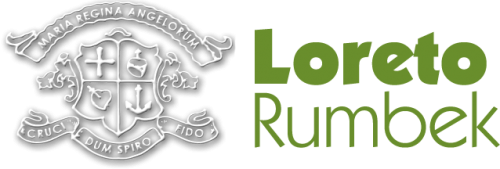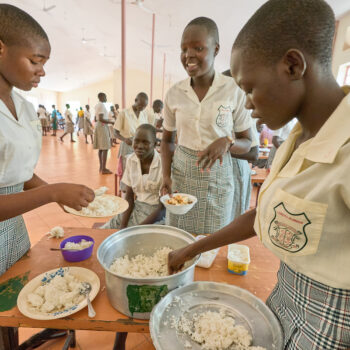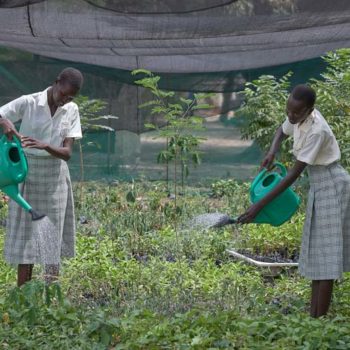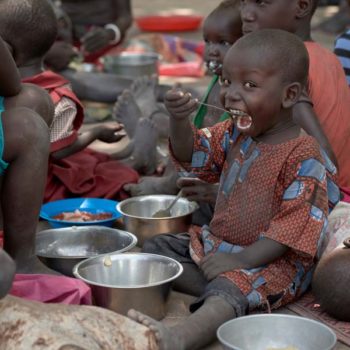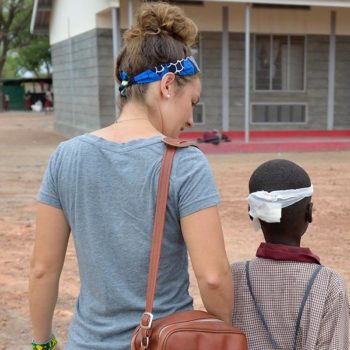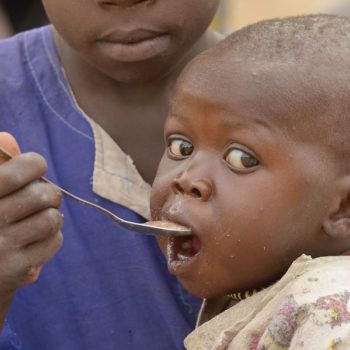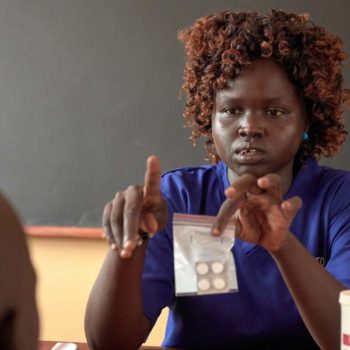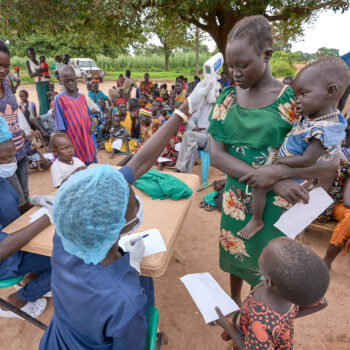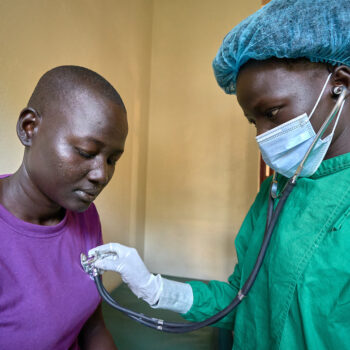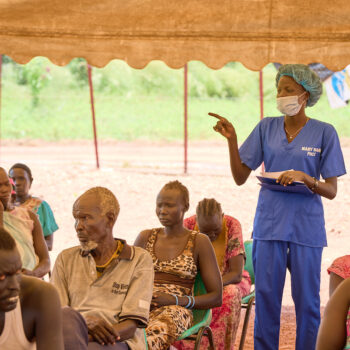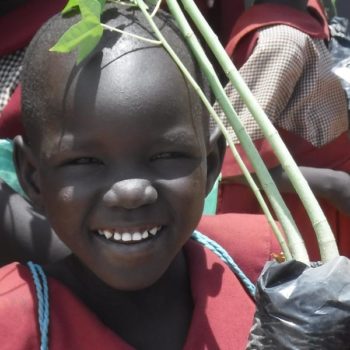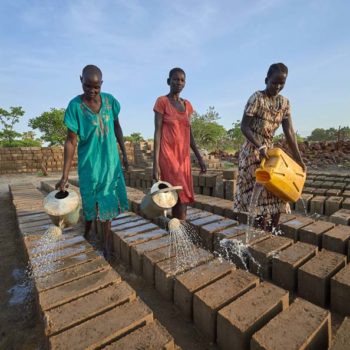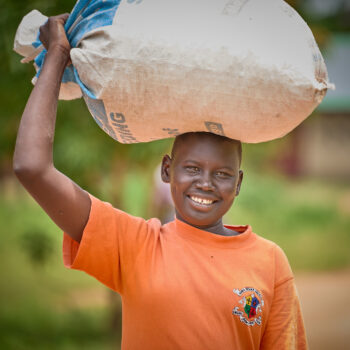Commitment to Sustainable Development Goals (SDGs)
Loreto Rumbek programs are committed to working to achieve the SDGs put forth as development goals for global partnership in development – and welcome any and all partnership in our progress towards realizing these goals within our community.
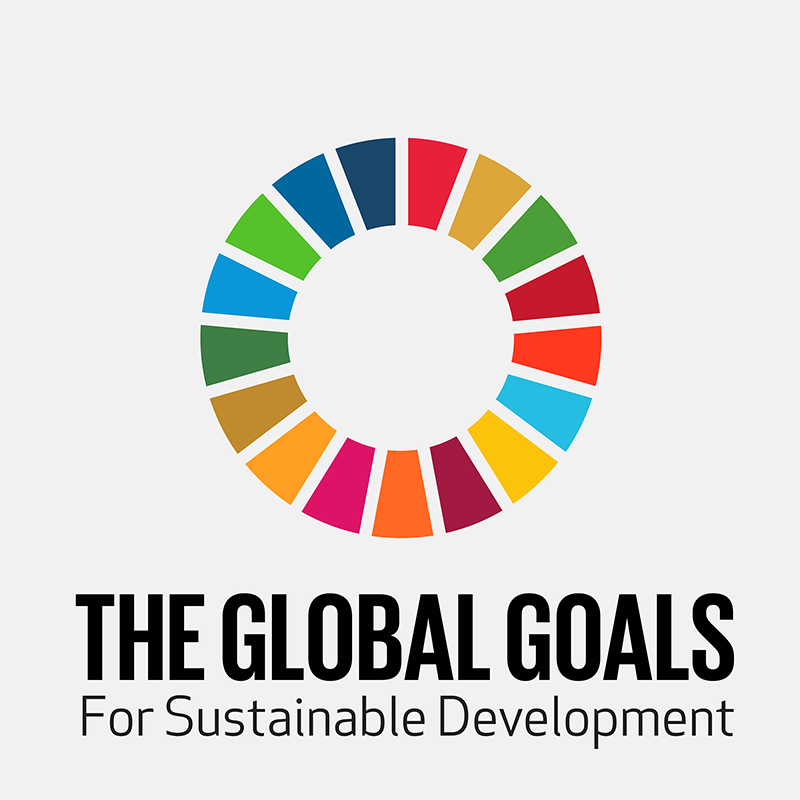
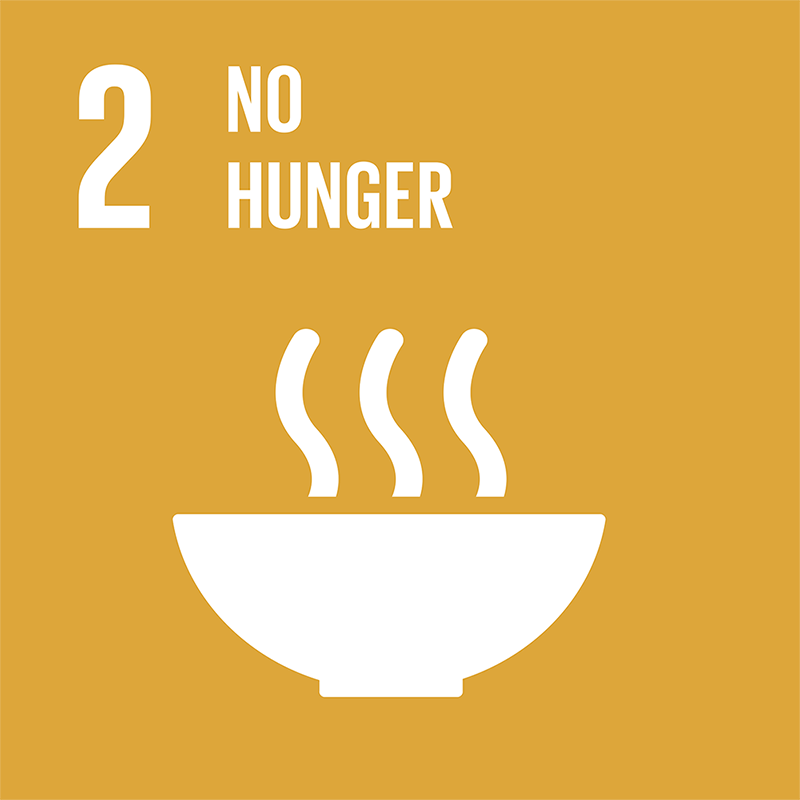
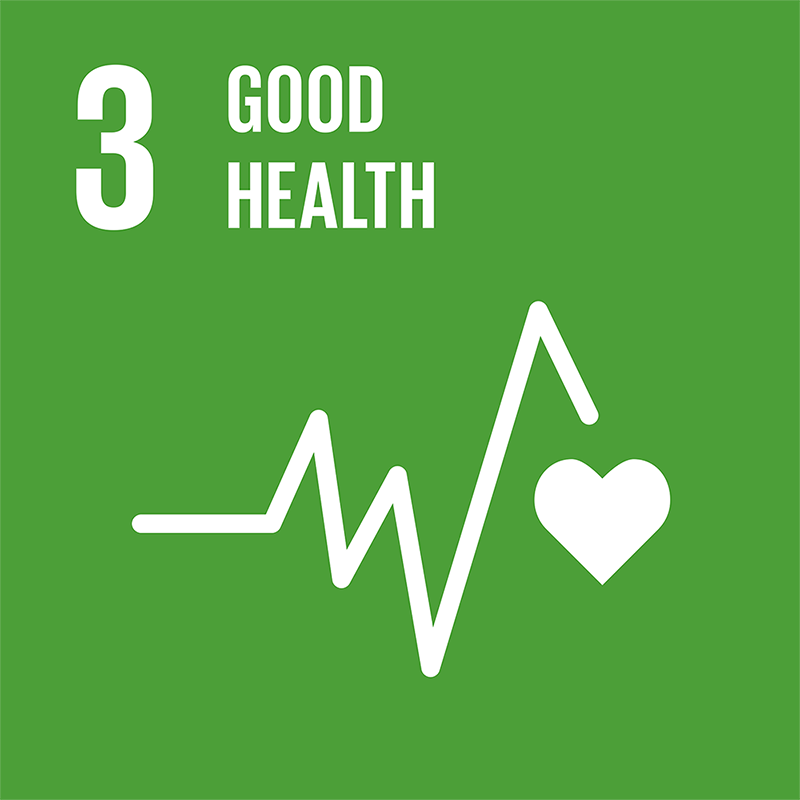
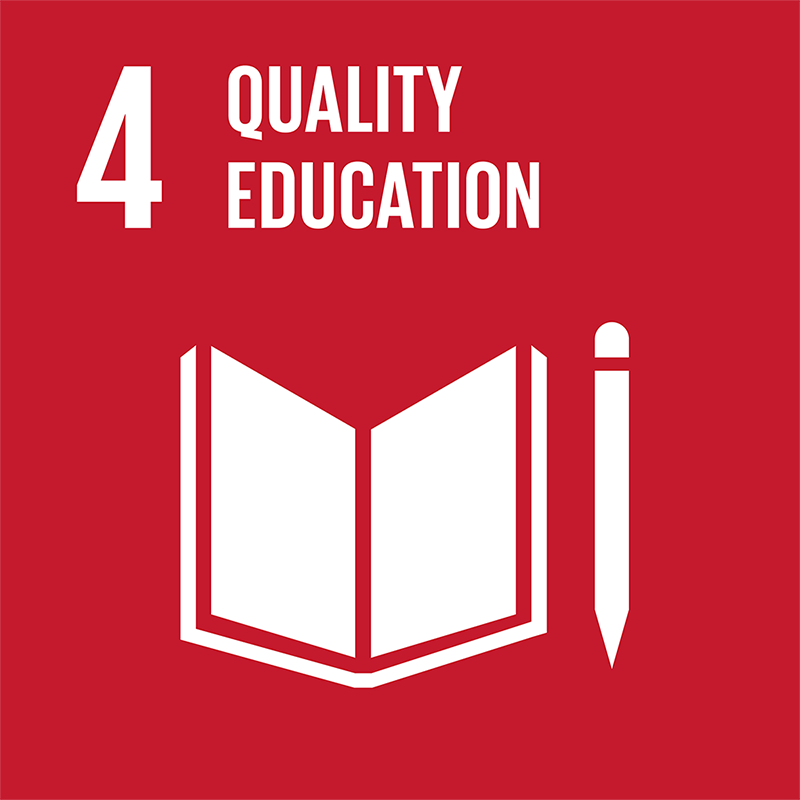
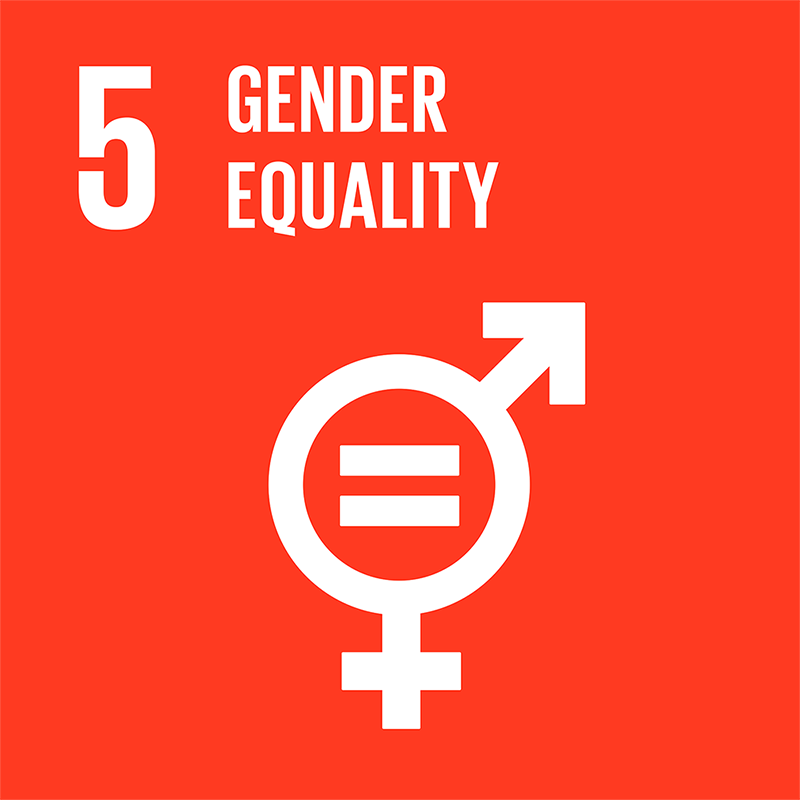
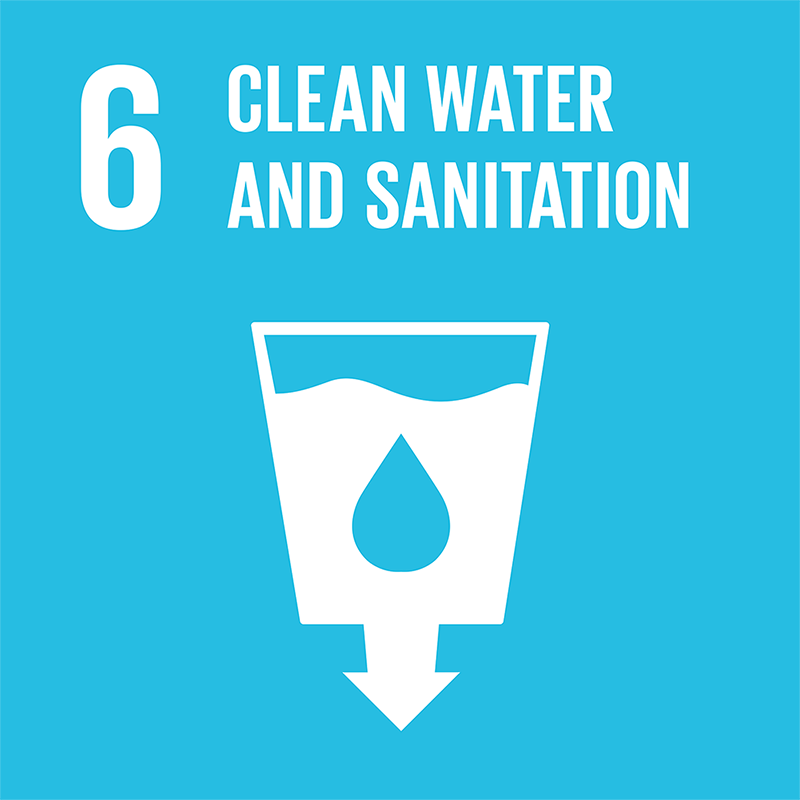
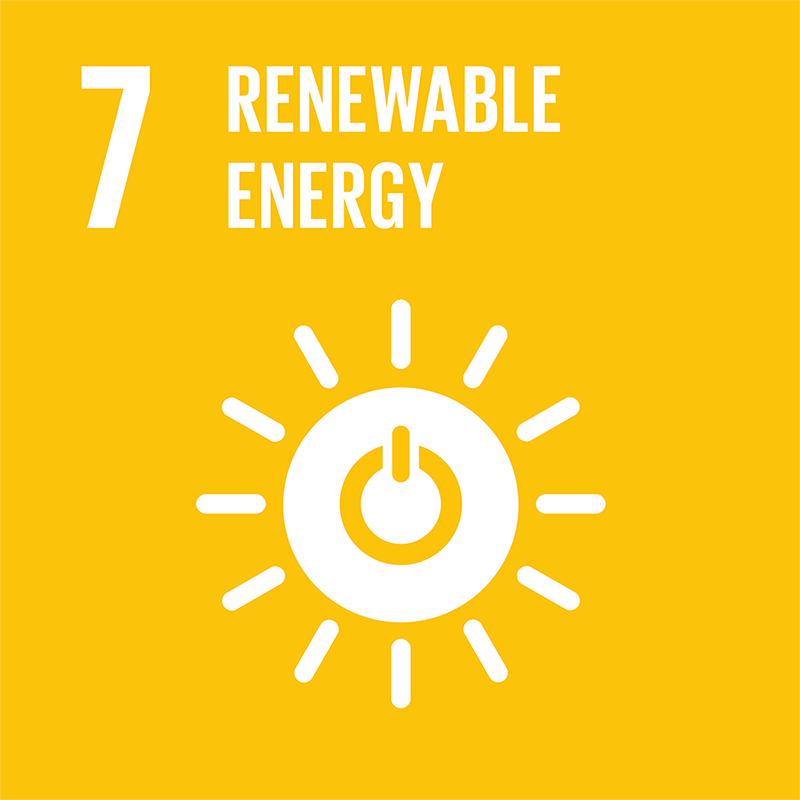
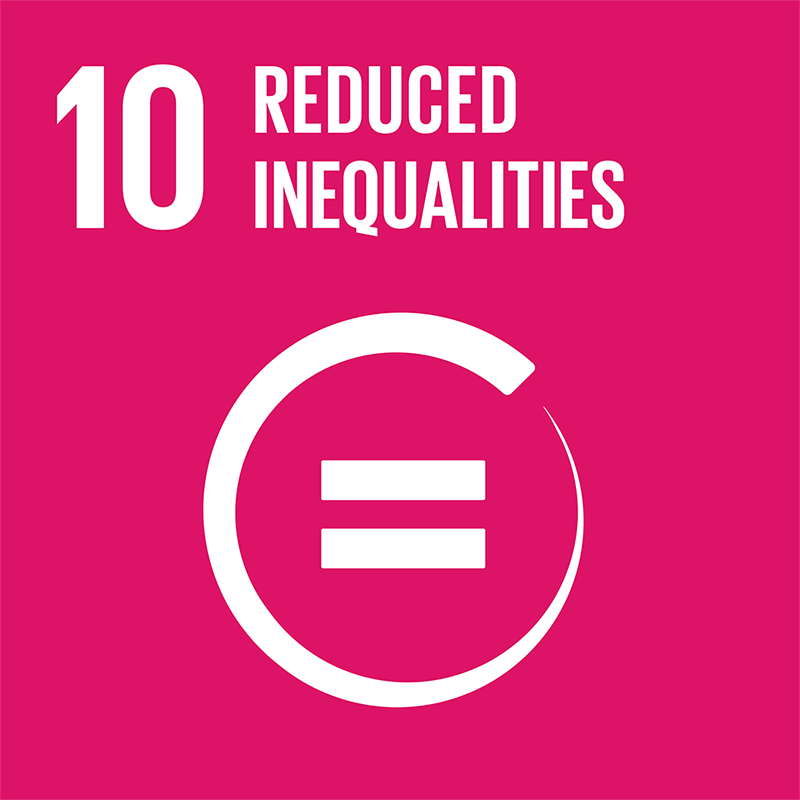
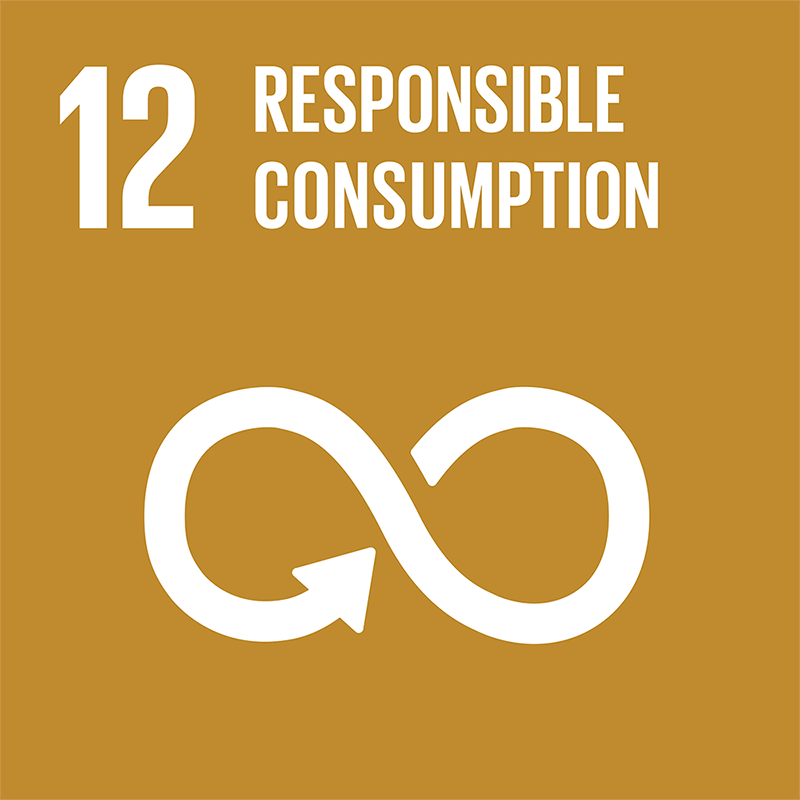
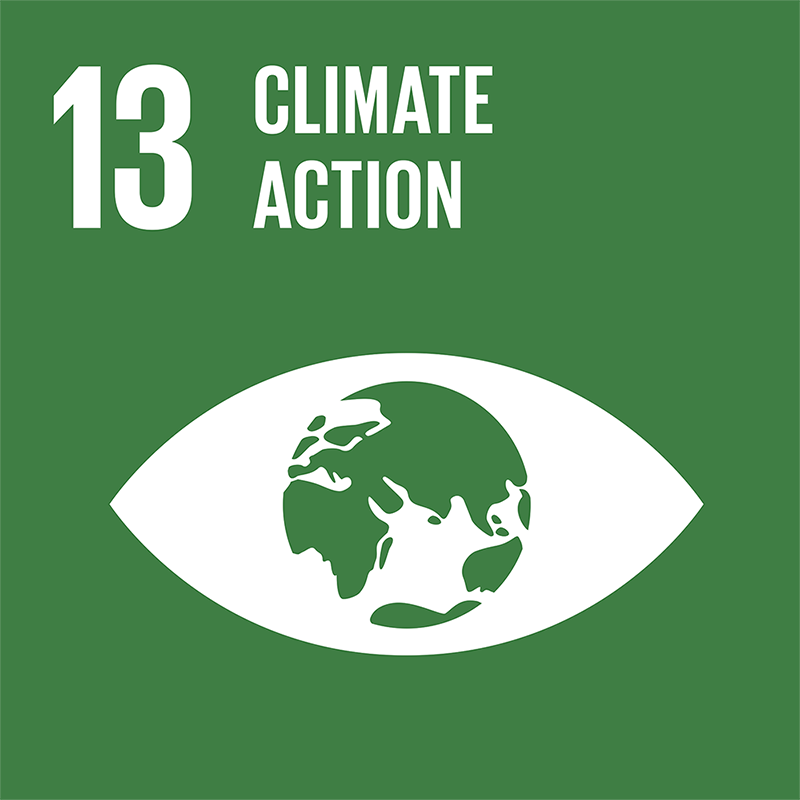
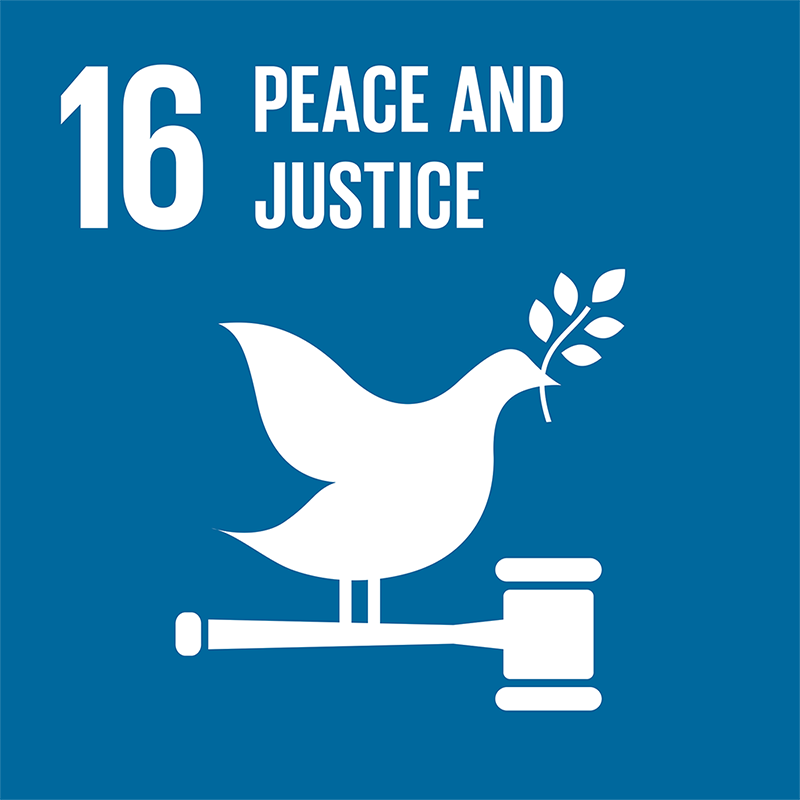
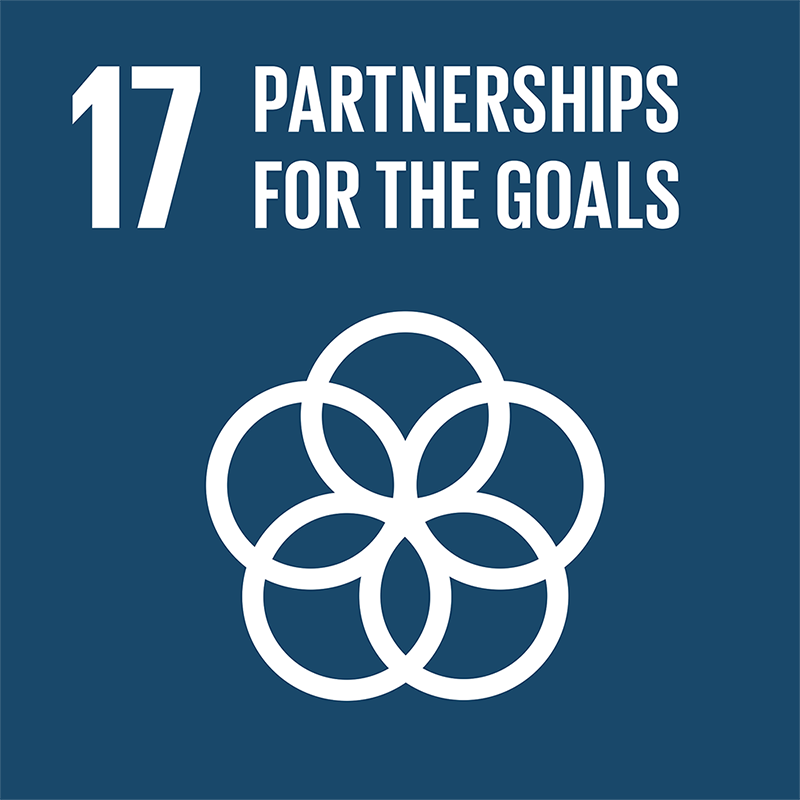
Supporting students in the pursuit of a quality education
Due to the extreme poverty, violence, food insecurity, and a general lack of access, Loreto has implemented projects alongside global partners to provide what each child desperately needs to succeed in school: scholarships, nutritious meals, access to water and sanitation facilities, health support, protection and advocacy.
The school works to address these Sustainable Development Goals (SDGs) in an environmentally friendly manner and implements solar, water harvesting and recycling, and agriculture projects to support each student.
Scholarships
The quality of education provided by Loreto is significantly higher than similar institutions in the area. The school works with community leaders to establish a community contribution that is accessible by most, if not all, of the community families.
This contribution is less than 3.1% and 0.4% of the true cost of educating students in the secondary and primary school respectively.
This year, the true cost of education for students was €1,600 in the secondary school and €450 in the primary school.
The school subsidizes the community’s investment into their children ensuring that a quality education (and the supports offered through it) are accessible at every level of the community.
In the secondary school, which is an all-girls boarding school, the Loreto program helps ensure that young women in the area have the opportunity to pursue their educations in a safe, secure, supportive environment that will equip them to succeed.
In the primary school, the administration has implemented a gender equity program for young girls in the community, to encourage families to send their daughters as well as their young boys to school.
This program ensures that 50% of placements are priority placements for young girls.
School Feeding
In the current crisis, one of the major factors affecting our community, and especially the children, has been extreme food insecurity.
During the “green harvest” season when vegetables are growing abundantly, students are still only receiving about 1 meal every 3 days, outside of the school. The school is not only their primary meal of the day, but is often the bulk of their nutritional intake.
For the Loreto Primary School and the Accelerated Learning Program students, the school provides a meal during the school day – this has helped support attendance, class participation, and overall student retention at the school.
In the secondary school where girls are boarded, the school provides a full ration each day – 3 meals! This ensures that the girls can stay at the school where they are protected, educated, and empowered.
In 2017, the school plans to deliver almost 500,000 meals during the academic year. In order to ensure that each child has access to these meals, we rely on friends, donors and partners to provide essential resources.
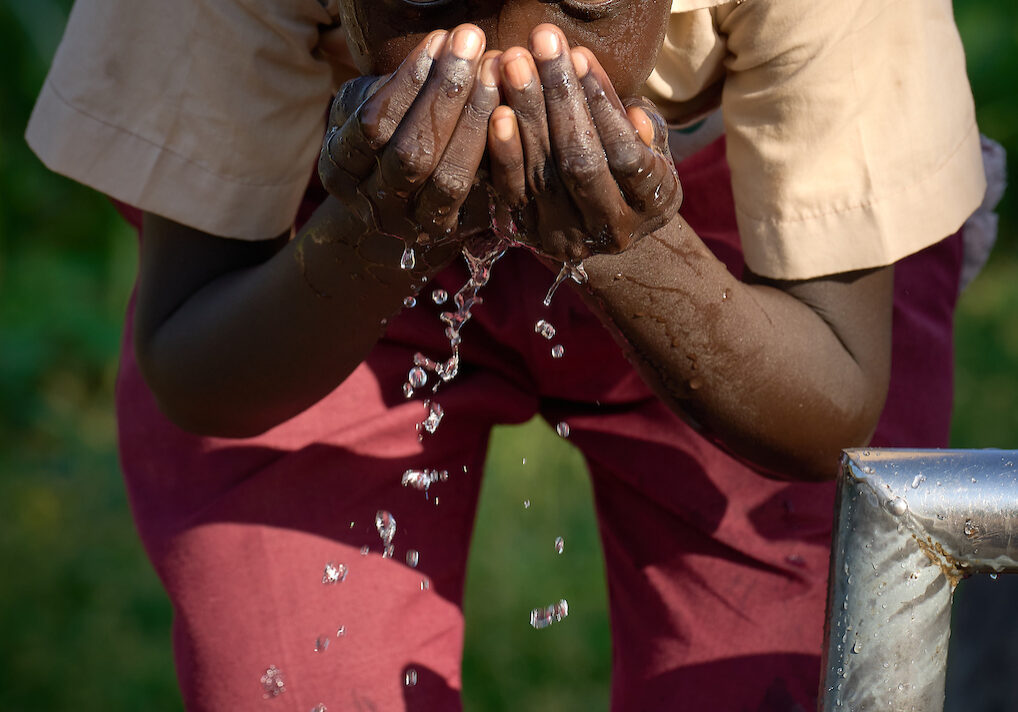
Water Sanitation and Hygiene (WASH)
Access to water and sanitation facilities are at the core of being able to provide a quality education. Over the last few years we have worked with partners, donors, and friends to implement a wide variety of WASH projects.
These efforts have included latrines, showers, water storage towers, boreholes, pumps and WASH sensitization programs for our students.
Water is one of the most gender polar sectors in South Sudan – it is young girls who walk an average of 30 minutes to pump water, it is these girls that carry it back to the home, and use if for cooking and cleaning.
In schools, many girls lack proper access to sanitation facilities which encumbers their efforts in school – especially after menstruation starts.
Health Support
One of the core programs at Loreto is the Loreto Primary Health Care Unit (PCHU) which ensures that the community, and especially the community’s vulnerable population of children and women have access to basic health services.
On average, households spend 58% of their collective (and very limited) income on health.
The Loreto PCHU ensures that our community has access to a high-quality service that works to address their physical needs while educating them on essential health topics.
In order to deliver these services, support for medicines, equipment, and staff are all essential.
We have partnered with individuals, organizations, and friends to ensure that these services have remained available within the area; a vital support to our community’s students and most vulnerable families.
Find out more about the PHCU here
Protection and Advocacy
The Loreto Rumbek approach to advocacy is multi-faceted and integral to our work with the community.
Health – in the health sector we advocate for not only western medicine, but also for gender equality in access, working to reduce the gender inequalities prevalent in this area.
Education – in the education sector, we advocate for not only education (which traditionally lacks value to the local community), but also advocate for young children, girls, and young women as they attempt to gain the high-quality education made available here by Loreto.
Peace and Justice – in the peace and justice sector, we work with the community to ensure that the Loreto compound is an Island of peace in the sea of violence that surrounds the community of Maker Kuei.
This is essential for educating the community’s children and young women.
Further, the school works with the teachers, secondary school graduates, and students to ensure that alternatives to violence are available, as well as trauma awareness and resilience training, and a zero-tolerance child protection policy.
Ecofriendly and Sustainable Projects and Programmes
Loreto Rumbek recognizes that it has an impact on the local environment, and is actively working to minimize its environmental footprint.
We have implemented rainwater harvesting and recycling measures, solar power for classrooms, dorms, offices, and security, and agriculture projects that incorporate core tennets of conservation agriculture, and re-forestation.
Sign up to our newsletter
Keep up to date with news, fundraising events and activities
Want to help us further? Make a Donation
